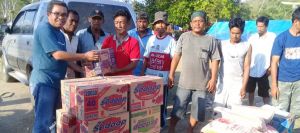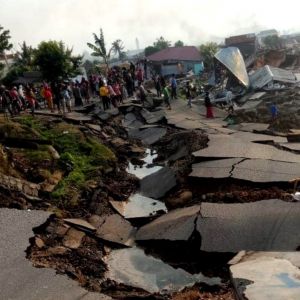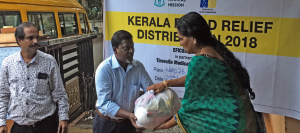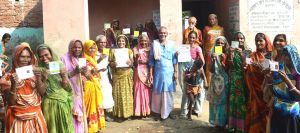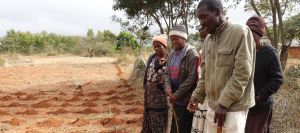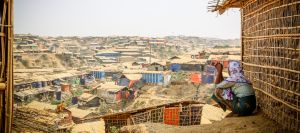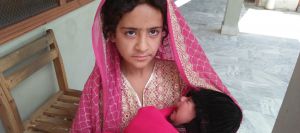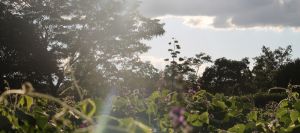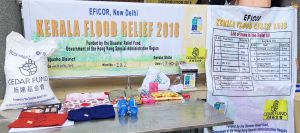
CEDAR Aided 8,000 Kerala Flood Survivors and Conducted Site Visit
Banner image: CEDAR received grants from the Disaster Relief Fund to distribute aids to flood-affected families in Kerala through our local partner The Kerala State of southern India experienced the worst floods in a century in August this year, killing nearly 500 people and affecting more than 5.4 million inhabitants. The survivors’ needs are huge. Our partner EFICOR* continues to distribute flood relief, such as food, clothing and hygiene items to them. Several weeks ago, we sent an officer to Kerala to inspect the progress of emergency relief. Following our allocation of around US$10,000 to EFICOR’s relief work, we were recently granted a total of HK$3.613 million from the Disaster Relief Fund by the Government of Hong Kong to


